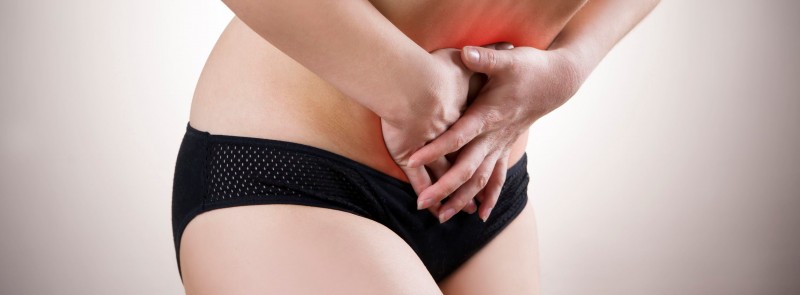Back Pain & Groin Pain – Causes and Treatments
Category: Back Pain | Author: Stefano Sinicropi
The groin is one of the most painful areas of the body, and groin pain can be the result of many factors. When groin pain occurs simultaneously with back pain, the cause likely originates in the spine. In this article, we are going to discuss back pain and groin pain. We will talk about how pain in these two areas can be related, and the various conditions or injuries that may cause such pain. Lastly, we will lay out some options for reducing back and groin pain.
Causes of Back & Groin Pain
Groin pain can occur for many reasons, including:
- Hernias
- Injuries to the groin area
- Kidney stones
- Infections
- Arthritis
- Pulled muscles
Most instances of groin pain are due to acute injuries that typically resolve on their own with home treatments given enough time. However, groin pain that presents with pain in the mid or low back, could be caused by a spinal condition like a herniated disc, pinched nerve, arthritis, or spinal stenosis. The nerves that send signals to the groin travel to the spinal column on their way to the brain. When these nerves are affected by a bulging spinal disc or an injury to the spine, groin pain can result.
Treating Back & Groin Pain
Treatment of groin pain first requires an accurate diagnosis of the condition causing the pain. Treatment options vary widely and an effective approach to treatment can only be devised after a diagnosis has been made. If you are experiencing back and groin pain simultaneously, your physician will likely look for spine conditions and injuries that could be the culprit. This will involve a physical exam, and potentially some imaging tests (x-rays, MRIs, CT scans) to verify the issue. If the cause is a spinal issue, such as a pinched nerve, treatment can range from pain injections, to physical therapy, to minimally invasive surgery.
If you are experiencing groin pain in conjunction with pain in your lower back, make an appointment with your physician. This goes doubly if you have recently undergone spine surgery. The best thing you can do for yourself is to get the pain diagnosed and the cause treated as soon as possible.
